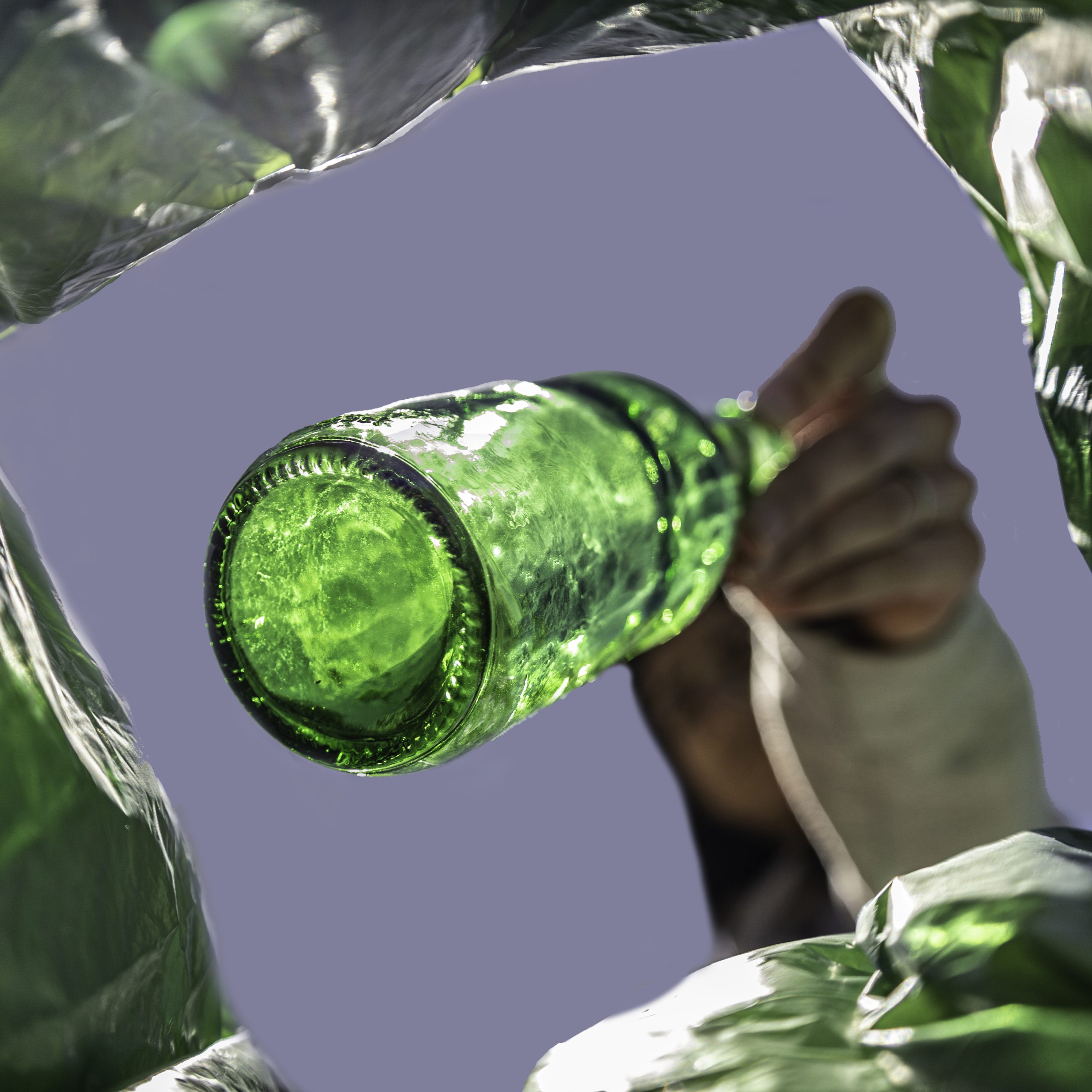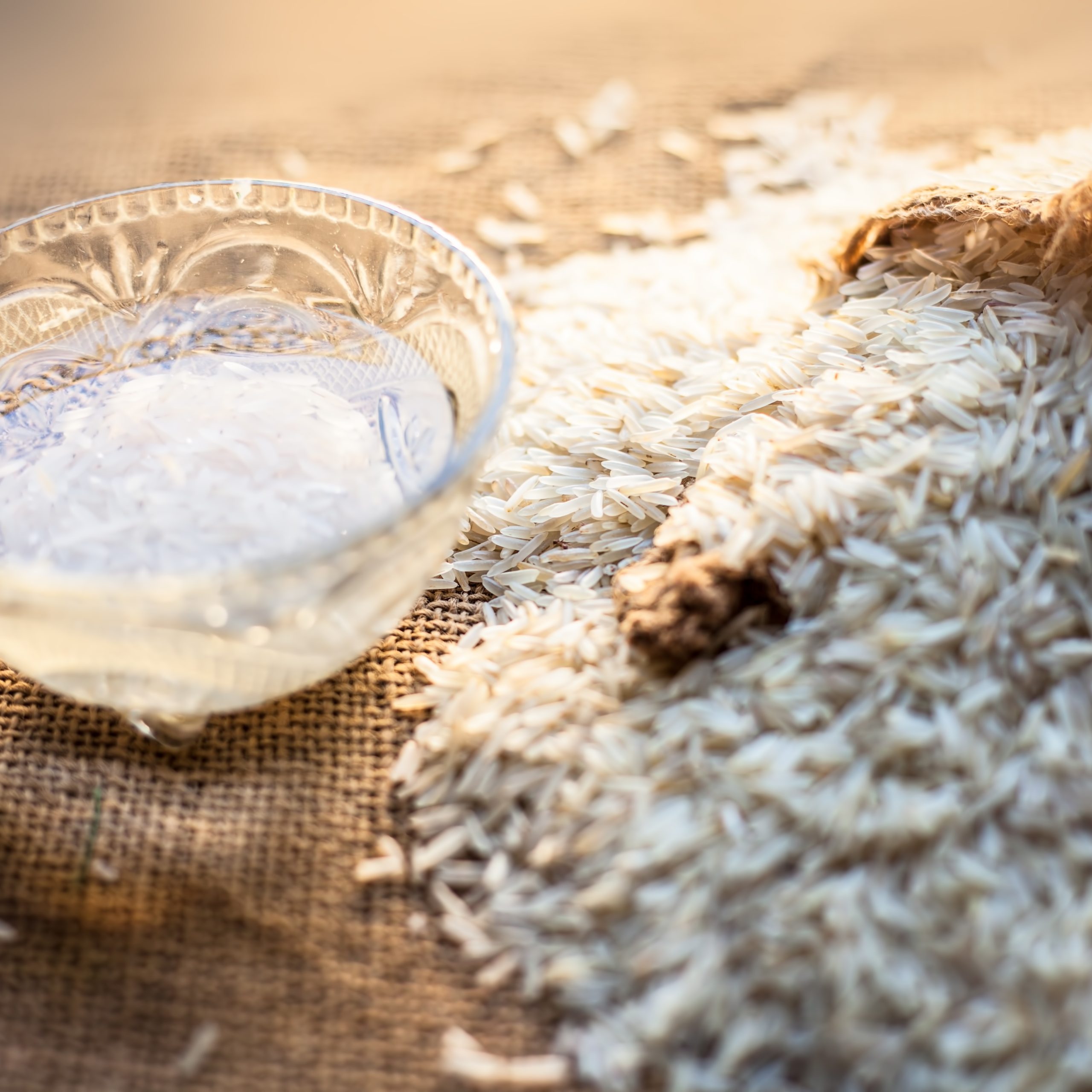Scientists advocate human urine as a sustainable fertilizer alternative

In a push toward sustainable agriculture, scientists are investigating the use of human urine as an alternative to synthetic fertilizers, says Daily Mail in its recent publication. This approach not only aims to cut farming costs but also addresses environmental concerns associated with traditional fertilizer use.
Annually, farmers spend approximately $128,000 on synthetic fertilizers essential for crop growth. However, human urine, which is rich in nitrogen and phosphorus, could serve as a cost-effective substitute. These nutrients are crucial for crop development and are currently supplied by expensive synthetic products.
The conventional practice of using cow manure in agriculture is well-established, but researchers argue that urine offers a similar nutrient profile with added environmental benefits. For example, the nitrogen in urine contributes to ocean pollution by fostering excessive algae growth, which harms marine ecosystems. By recycling urine for agricultural use, this pollution could be mitigated.
Divina Gracia P. Rodriguez, a researcher quoted by ScienceNorway, emphasized the value of urine, stating, “Our urine is worth its weight in gold. It’s high time we start collecting and utilizing our own waste.” This sentiment is echoed by ongoing research and development efforts focused on creating toilets that can separate urine for agricultural use. Trials of such toilets are currently underway in Bahir Dar, Ethiopia.
The process involves drying the collected urine to produce odorless, inexpensive pellets that can be used as fertilizer. Anne Spurkland, a professor at the University of Oslo, described a simple method for homeowners to apply this technique: diluting urine with water and using it to water plants. This practice leverages soil bacteria to convert nitrogen into nutrients that plants can absorb.
Despite potential reservations about the concept, a 2020 University of Michigan study confirmed that using urine as fertilizer does not increase the risk of spreading antibiotic-resistant infections, provided the urine is properly processed.
Historically, urine has been used as a fertilizer, but this practice diminished with the development of modern sewage systems. Dr. Krista Wigginton, involved in the study, notes the opportunity to rethink our waste management systems to recover valuable resources before they are lost to sewage.
This research represents a significant step toward sustainable agriculture, demonstrating that even waste products can be repurposed to support environmental health and agricultural productivity.
Source: Daily Mail



